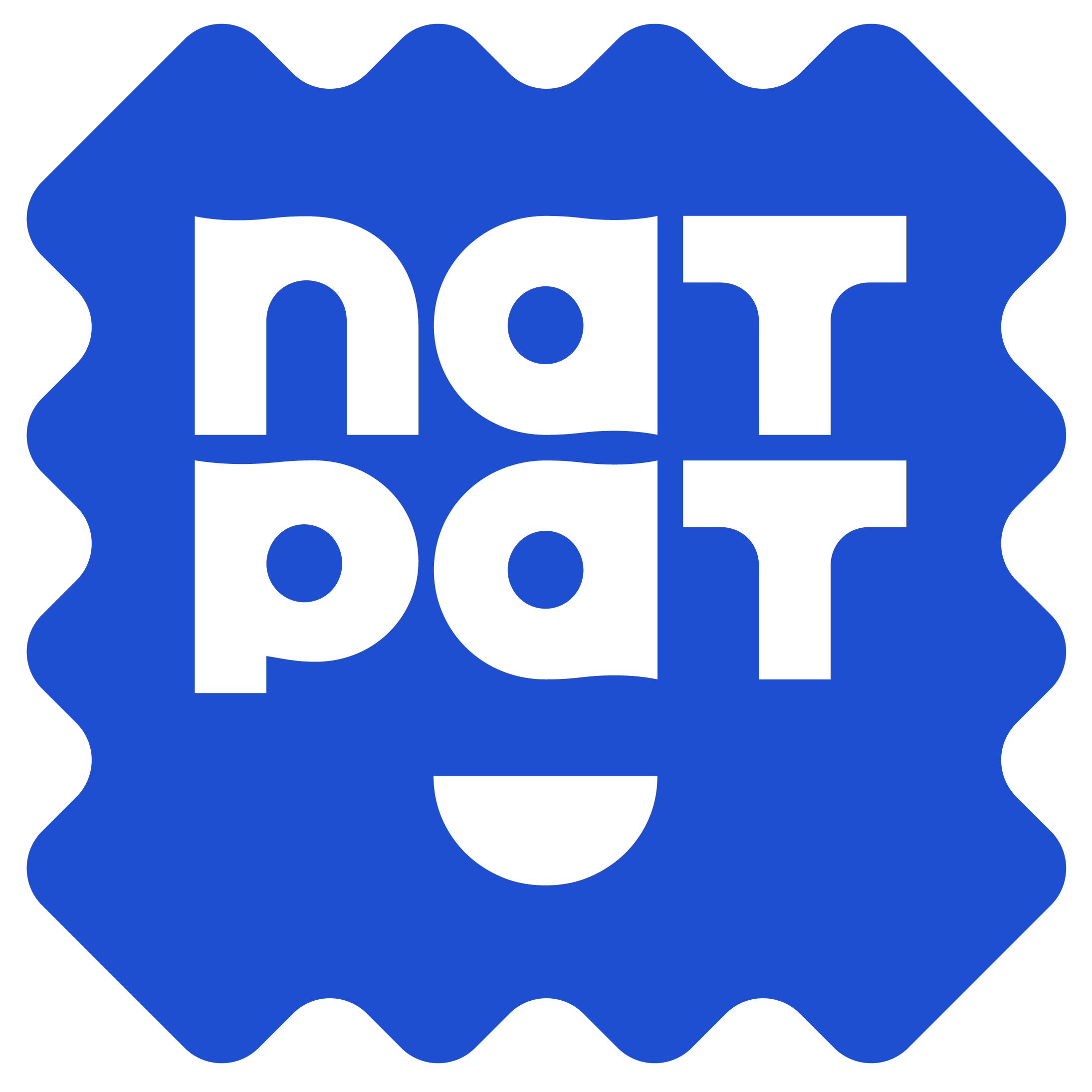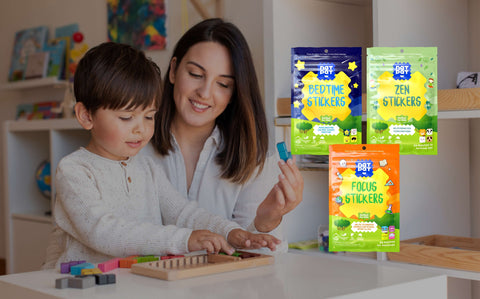“You’ve got a lot to learn, kid!” It’s a popular saying, but let’s be honest: Our kids do have quite a bit of learning to do as they grow!
They learn things like: Never talk to strangers. Do not cross the street without looking both ways twice. Homework assignments. The alphabet. Don’t scratch that bug bite. Two plus two equals four. All of these things are just a small highlight of what we remember being taught in our childhood.
We have pushed these old memories into the depth of the deepest part of the brain and yet can still recall them at a moment's notice. Some things we learned as kids went in one ear and out the other. So, how do we prepare and help our children to remember the important stuff, to learn more effectively? To focus, follow instructions, and do well in school?
Memory development and memory capacities improve as children age,and the prefrontal cortex matures, but certain tips and tricks can help them along their journey.
Below are seven easy ways that you can help improve your child’s memory today and better prepare them for their future tomorrow.
1. Visualization
How many times have you been taking a test or trying to remember something, and you remember other details, but not the one you need? Visualizing what you are learning can be a huge help when trying to build memory.
Being able to picture what is being heard or read is excellent for helping your kids improve their memory and understanding.
2. Break It Down
Big things are intimidating, daunting even. Teaching your children to take their learning, lives, and routines one step at a time can set them up for success in the future.
Breaking things up helps everything become more manageable. Instead of trying to learn the whole preamble, start with the first line, then when that is completely mastered, move on to the next.
After the second line is memorized, start reciting it together, and continue to add on smaller chunks until you have the entire paragraph memorized.
3. Connections
Just like with visualizing, making connections has been proven to help with memory. Mnemonic devices have been used to help people from all walks of life. There are tons of ways you can help your child make a connection with what they are trying to learn and how to keep it fresh in their mind.
Connections will last beyond rote memorization and will, in the end, feel more fun for your children. Similarly, making analogies aids in comprehension and can help reinforce prior knowledge.
Songs and Rhymes
How did we learn our ABCs? With the song that they taught us in grade school. How did we learn the days of the week, the months of the year, or the seasons? With a song. Why do The Cat in the Hat books interest kids? Because the rhyme is so oddly captivating. They hold a child's interest and make learning into enjoyable rituals.
Rhymes, songs, and lyrical phrases have been used since the beginning of education. Go on and play your kids some of those songs filled with information like Schoolhouse Rock. It totally can be annoying when these songs get stuck in your head, but that is sorta the point.
Use All That You Have
Humans’ five senses are some of our most valuable resources for creating a good memory. This rainbow of senses results in kinesthetic, auditory, or visual learning patterns.
Verbally explain it to them; if you are able to let your children do it or act out whatever they are trying to learn during their study time, show them how it was done or what it looks like. If you are cooking, let them taste it. If they are learning about animals, let them see one and hear what it sounds like (props to the internet for helping with the last one).
4. Remove Stress
People learn best when they are comfortable and relaxed. You remember more when you learn best. If you want your child to understand and remember things, then you have to allow them to be in as stress-free an environment as possible. Encourage any reflective and curious questions they have to help them grow as thinkers.
5. Teach It Back
Have your kids teach it back to you. To teach something, you must have mastery over the subject. To help someone else make connections, you have to have made the connections yourself.
Pretending like, or actually teaching, a subject to someone demands that you have an understanding of the concept yourself. You remember it longer and then can share that precious knowledge with others.
6. Reading
Reading helps your children in more ways than you could ever imagine. It is important that your children are active in reading and engaged throughout the whole process. Active reading means that they are involved. This can come in many forms, such as annotations or having them summarize it back to you.
You can also help them with memory by having them recount stories to you. They can make them up as they go, create a similar story to one they have read, tell you their favorite story, or even by telling you their favorite memories.
7. Play Games
It seems silly. How can playing games help memory?
Well, there are certain card games that require good short-term memory (working memory). This can then lead to the creation of better long-term memory. Working memory tasks can help contribute to improved mathematics and literacy skills too.
So what games can you play? Here are a few:
- Go Fish (The simple rules of the game are great for younger children)
- War
- Uno
- Crazy Eights
- Solitaire
- Memory Games
Memory games seem like a broad category, and it is. It includes anything that makes your child recall something, whether it is just questions such as “Who lives there? Who is that? What does this mean?” or allows for a bit more fun.
Increasingly complex games such as Poker and Blackjack are also suitable as memory games but are more appropriate for adult memory than your kids.
The Focal Point
Say you have tried all this, but you or your kids are struggling to focus and cross off items on that to-do list. That’s totally normal: Some people just struggle a little more to find their focus. That’s where The Natural Patch Co. comes in.
Take a look at the FocusPatch. It is an all-natural, kid-friendly sticker that promotes focus by using essential oils. Our fun is engineered for effectiveness and fun, kid-tested and parent-approved.
Plus, it works on adults too! Forget the energy drinks and coffee, and try a FocusPatch instead. FocusPatch is an easy-to-use and transport sticker powered by essential oils for a healthier, happier focus.
Sources:
How to Improve Working Memory in Kids | Understood
7 Ways Parents Can Help Kids Sharpen Their Memory | INC
Prefrontal cortex and executive function in young children: a review of NIRS studies | NCBI
Critical reading techniques: Active reading | Help Centre | The Open University


